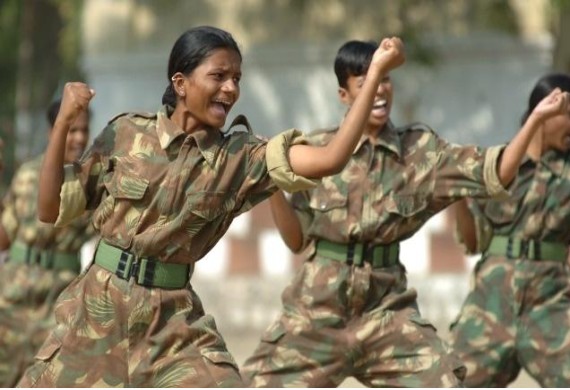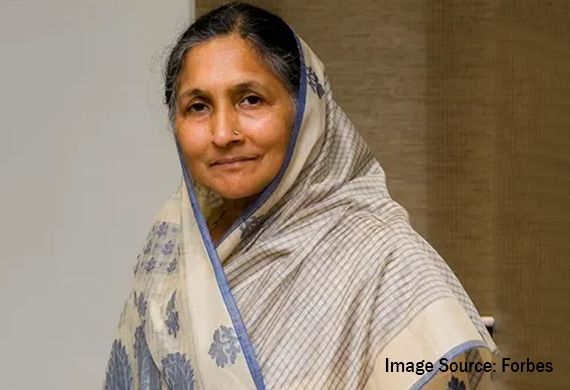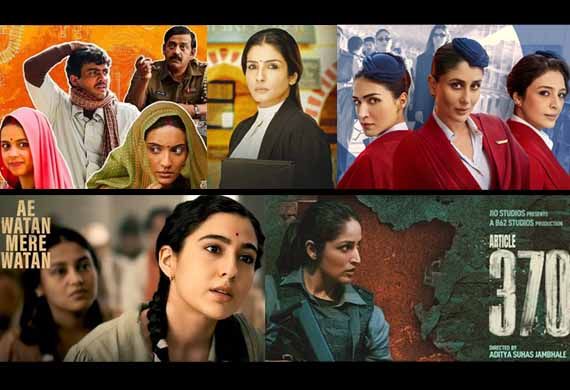
Women in military, war strategy and the art of wars to be part of BHU's PG programme
By: WE Staff | Monday, 13 September 2021
Students to study the idea of women in the military, the creation and implementation of war strategy, the formation of soldiers, and the art of wars and their formats as part of Banaras Hindu University's (BHU) newly introduced postgraduate programme.
This year's inaugural batch of students for the MA in Hindu Studies programme will number 40. The programme is the result of a collaboration between various BHU departments, including philosophy and religion, Sanskrit, ancient history, culture, and archaeology, and the Bharat Adhyayan Kendra (BAK), which is part of the university's Arts faculty.
Officials claim it will be the country's first full-fledged master's programme in Hindu studies. They said that the purpose of including "military" in the programme is to "uncover" allusions to "defence studies" in Vedic literature in order to address India's current problems.
According to an official document, there are four units focusing on topics such as "definitions of enemies and allies," "ways to mitigate enemies and promote allies," "idea of women military," "construction of camp and fort," "right time and place of way to war," and "making of war strategy and its implementation" under one of the papers titled "Indian military, science and strategy."
“We have allusions of military sciences and military strategies in vedic literature that are not brought into knowledge and practise as of now,” a senior university official explained why such a paper should be included in the ‘Hindu Studies' programme. The students must study Hindu military science and strategy as part of their curriculum. The students will study two major works in this programme: Vasistha's "Dhanurveda Samhita" and Vaishampayan's "Neeti Prakashika," both in Sanskrit, that exclusively deal with military strategy and about which no one is aware."
“The knowledge and values depicted in these texts are very important so far as the formation of the strategies of national security is concerned. They not only mention strategies on how to deal with the external enemies of the country but only talk about the internal elements which are responsible for endangering the security of the country. Many countries, including China, use their ancient military knowledge in the present context. India also needs to move in that direction,” the official said, on condition of anonymity.
Nine core and seven elective (optional) papers will be offered over the course of the two-year programme. While the core papers emphasise gaining knowledge in fields such as military, law, politics, economics, arts, and linguistics, the elective papers emphasise learning knowledge in areas such as military, law, politics, economics, arts, and languages. The goal, according to officials, is to help students "contextualise" their understanding of Hindu systems and practises in the modern world.






